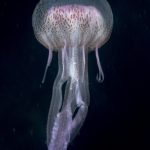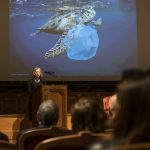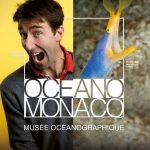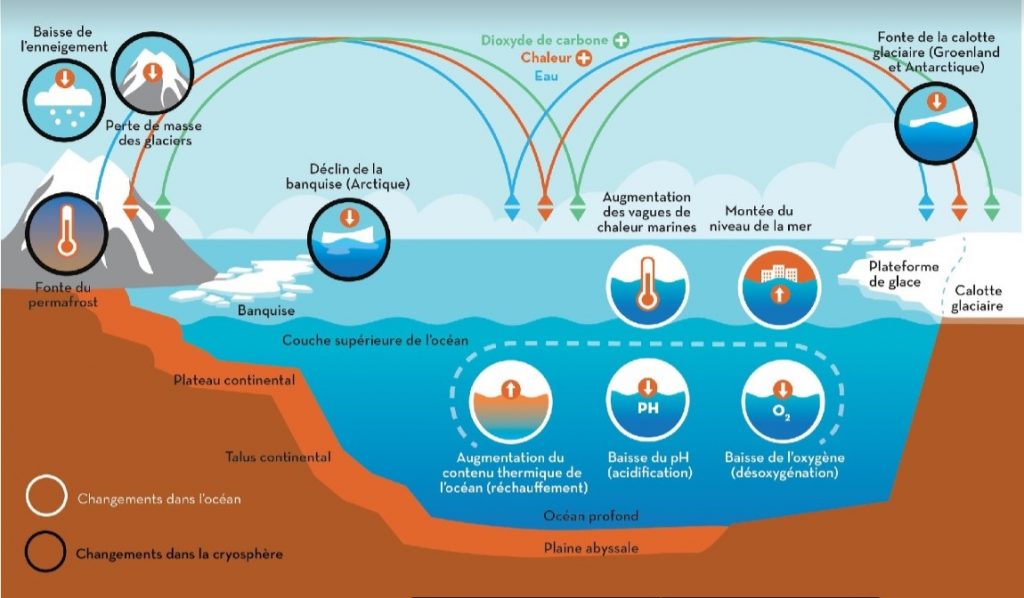Children's corner
- Home
- Categories
- Monaco, the voice of the Ocean
EVEN IN CONFINEMENT, LET'S LIVE THE OCEAN!
We look forward to seeing you every day on our social networks and on our website to help you keep your children entertained!
Together #LiveLocean through anecdotes, underwater discoveries and oceanographic stories…
NERINE'S TALE EPISODE 2
The Oceanographic Institute of Monaco invites you to follow the adventures of the little turtle Nérine through several episodes punctuated by DIY workshops (Do It Yourself) so that you and your child can reproduce the story in your living room with everyday objects.
The game of 7 mistakes
Can you find the 7 mistakes in the following pictures?
Choose one of the original images on the right and keep your eyes open! The answers are given in the links below.

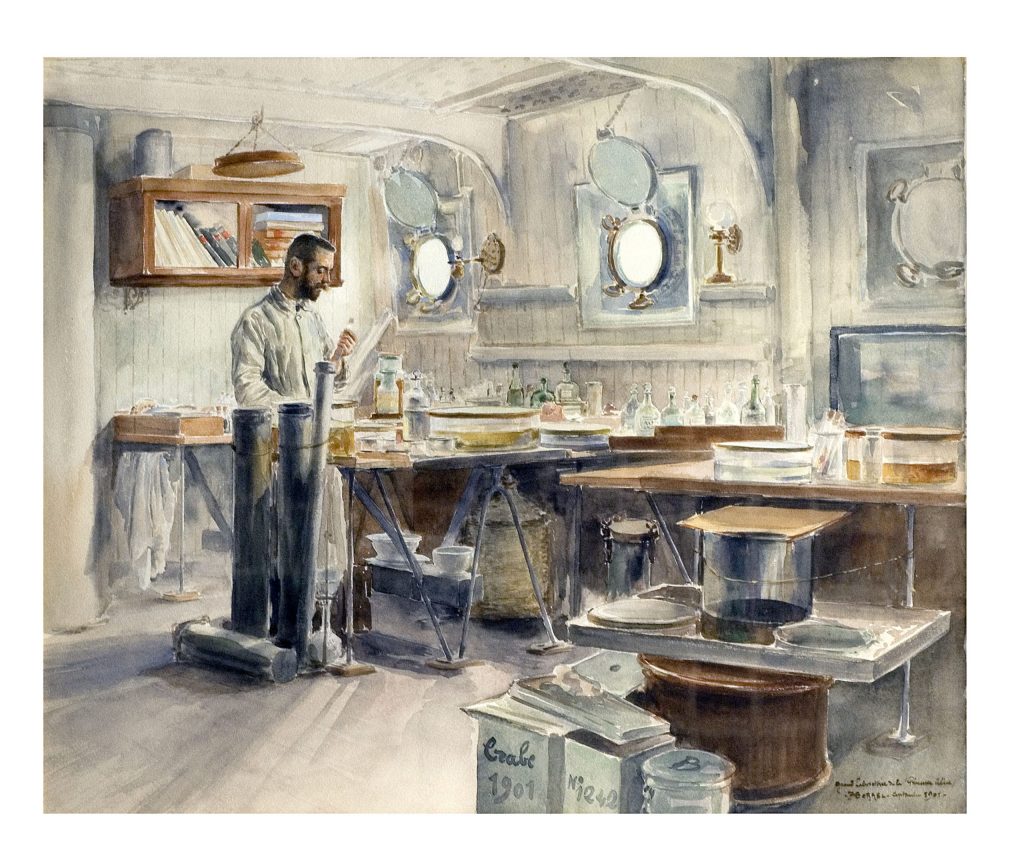
WORKSHOP "D.I.Y. the tale of nerin
The Oceanographic Institute of Monaco invites you to follow the adventures of the little turtle Nerine through several episodes punctuated by DIY (Do It Yourself) so that you and your child can reproduce thestory in your living room with everyday objects.
In the form of a participatory tale, your child will discover with Nérine the life cycle of a sea turtle, from birth to adulthood, the marine ecosystem and the environmental issues that threaten them. As it travels through the ocean currents, several animals will cross the path of our little loggerhead turtle. Be careful! Nerin’s journey will not be easy. She will have to face several obstacles throughout her life…
It is up to you
And to win tickets to the museum’s reopening, share your best work on Instagram (@oceanomonaco) and answer the questions below:
- What are the different materials used to create the characters in this story?
- Why do sea turtles lay their eggs at sunset?
- How do they return to the sea after laying their eggs?
PéDAGO files: the food network
Discover the diets of seaweed, turtles, mussels, octopus and many other marine species. Learn who eats whom by reconstructing the Mediterranean food web with the Appendix. Get your glue and pencils!
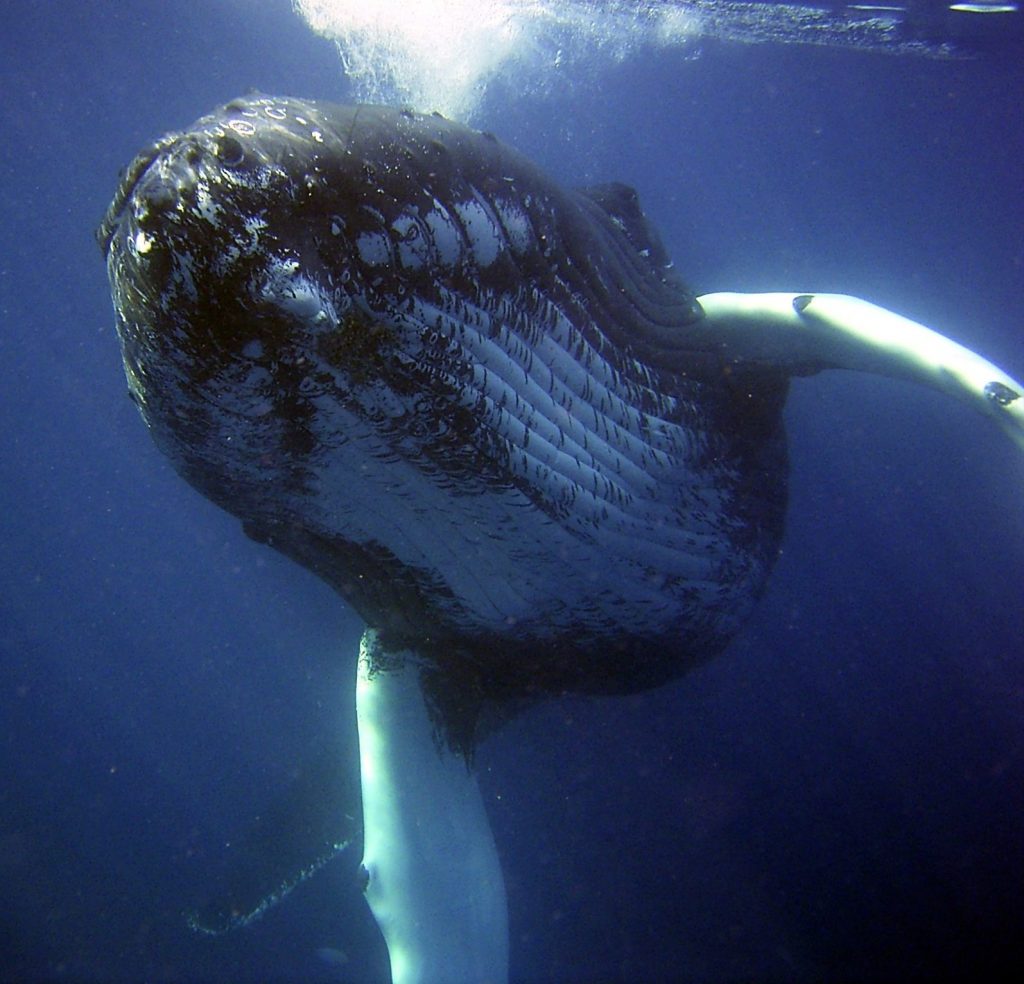
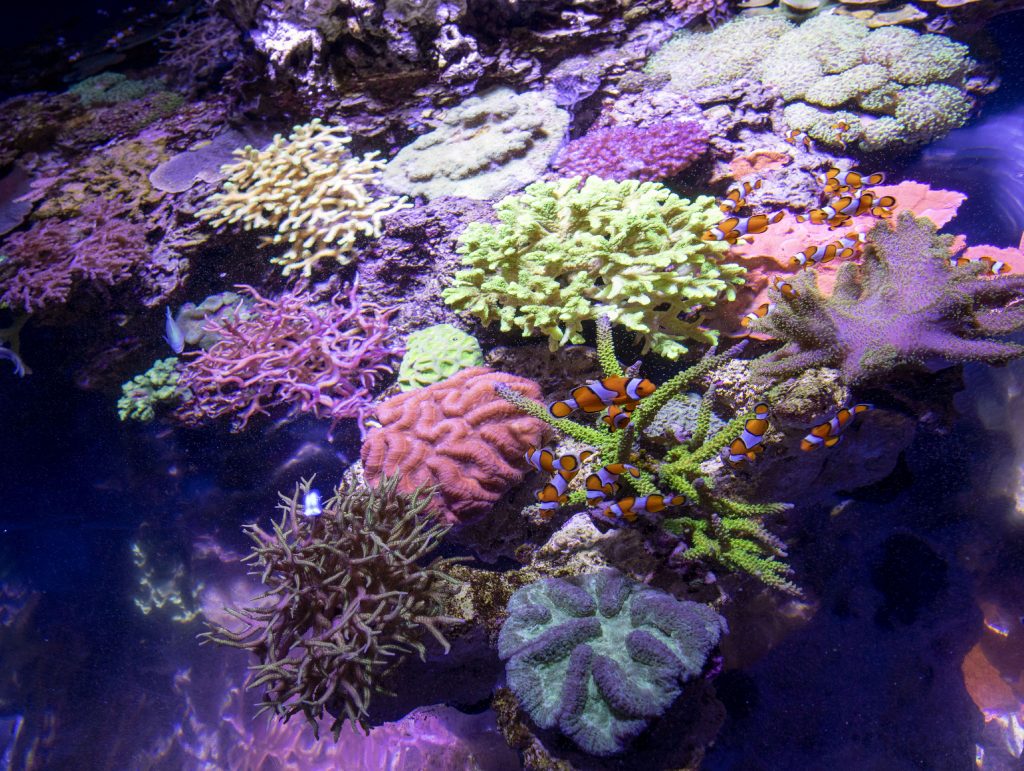
Les fiches Pédago : Corals
Coral reefs are true oases of life! They represent barely 0.2% of the world’s ocean surface and yet one third of the marine species known to date find refuge there. Each of these species is important to the maintenance of the reef.
Through these two game books (one for children and one for parents), discover the different types of coral reefs found in our oceans. Also learn about the threats to these reefs and how to fight and preserve this treasure of biodiversity.
LEs fiches pédago (part ii) : identifying marine turtles
Learn how to recognize the different species of sea turtles thanks to an “identification key”: a tool used by scientists to identify species thanks to their morphological characteristics.
Learn more by downloading these sea turtle identification keys!
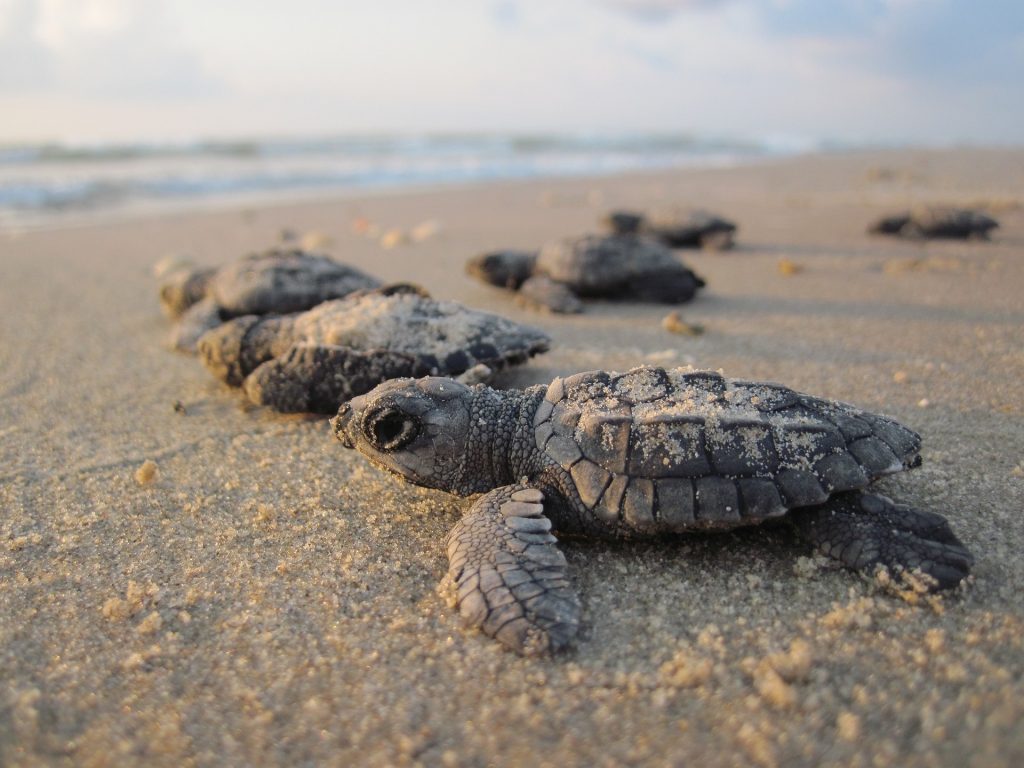
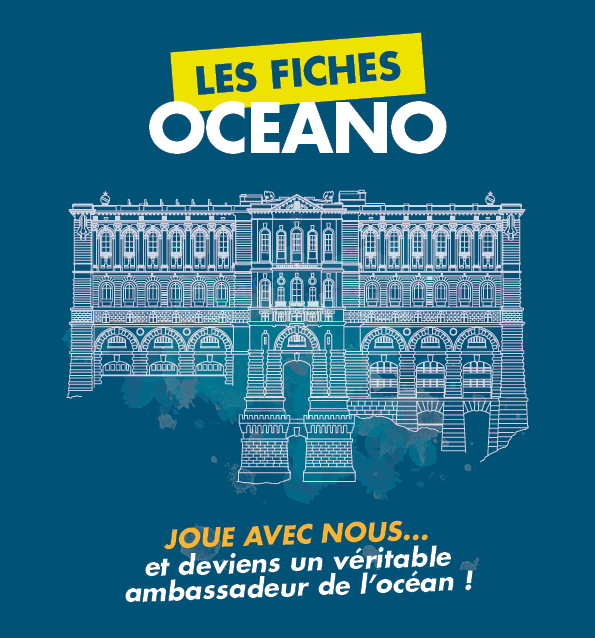
the pedago sheets (PART I) : turtles
Marine turtles have inhabited the seas for 110 million years and have gone through several climatic upheavals. Yet today, turtles are threatened on land and at sea. Where do they live? How to recognize them? How do they reproduce? What is their lifestyle?
You too can go and meet these animals and try to get to know them better and protect them through a game book (one for parents, one for children).
The colouring book
Download this special 0cean coloring book and let your little ones express their artistic soul.
All you have to do is sharpen the crayons and take out the markers!
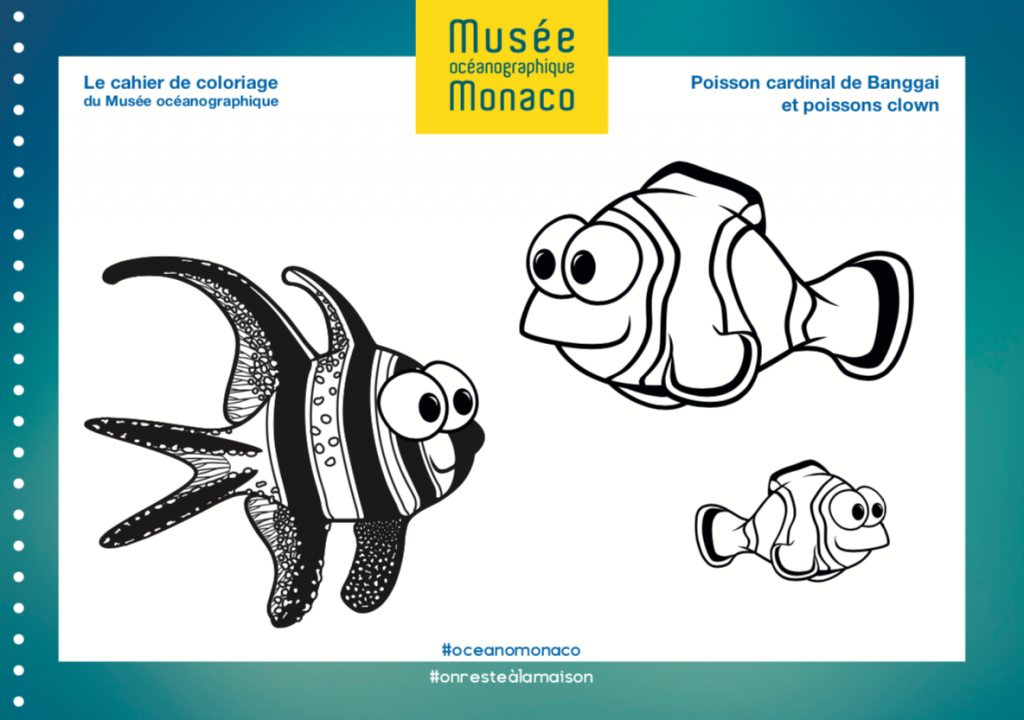
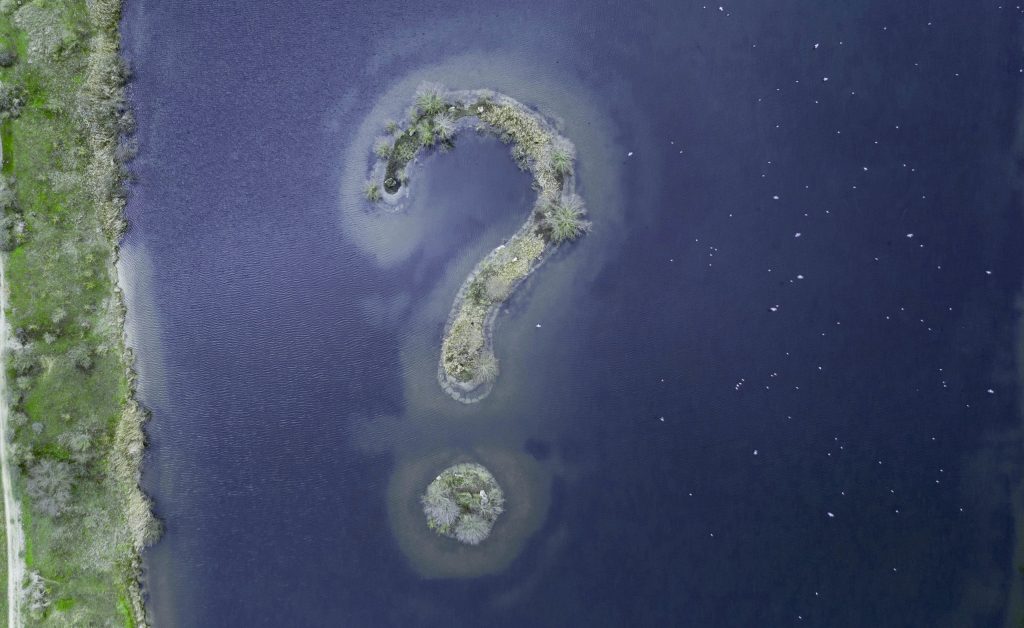
TO BE CONTINUED NEXT WEEK
Discover new contents in a week!
A decisive step for biodiversity?
"Leadership Commitment to Nature".
- Home
- Categories
- Monaco, the voice of the Ocean
Have we finally reached a true awareness
on the erosion of global biodiversity?
Since the
IPBES report in May 2019
on the Global Assessment of Biodiversity and Ecosystem Services, biodiversity joins climate in the spotlight. And there too, the news is bad. The change is brutal and very unfavourable for humans as well as for other species. The latest UN report on the global outlook for biodiversity highlights that none of the international commitments made in 2010 – the Aichi targets – have been met.
But this week, at the summit of Heads of State and Government on biodiversity organised by the United Nations on 30 September 2020, a block of countries – of which Monaco is naturally a part – showed itself more determined than ever to reverse this trend.
Some sixty Heads of State and Government signed a “Leaders’ Commitment for Nature” that was particularly lucid and ambitious, at least on paper.
Even if we can regret the absence of certain large countries, this appeal could be a milestone if it is followed up, because it resolutely places biodiversity at the heart of the balances of our Planet that are necessary for human development, as well as at the heart of the political decisions that must be taken on the path of development that we wish to follow.
Recognizing that “nature underpins human health, well-being and prosperity”, the signatory decision-makers are mobilizing to “put nature and biodiversity on a path to recovery by 2030” in order to “achieve the vision of living in harmony with nature by 2050”.

A holistic approach
In particular, the signatories committed to “end traditional silo thinking and address the interlinked challenges of biodiversity loss, land, freshwater and ocean degradation, deforestation, desertification, pollution and climate change in an integrated and coherent manner, ensuring accountability and strong and effective review mechanisms, and lead by example through action in [leurs] own countries”
To this end, they commit to “strengthen cooperation between multilateral environmental agreements, international organizations and relevant programmes”.
For the Ocean in particular, coordinated action is needed on the various threats to biodiversity:
Against overexploitation, the leaders pledge to “eliminate unsustainable uses of the ocean and its resources, including illegal, unreported and unregulated fishing and unsustainable fishing and aquaculture practices,” as well as to combat environmental crime.
Against pollution, it is to “significantly reduce pollution of air, land, soil, freshwater and ocean, including eliminating plastic leakage to the ocean by 2050 as well as pollution from chemicals, excess nutrients and hazardous wastes, including through enhanced global coordination, cooperation and governance on marine litter and microplastics.”
To halt climate change, the signatories commit to “increase ambition and align [leurs] national climate policies on the Paris Agreement, with enhanced nationally determined contributions and long-term strategies consistent with the temperature targets of the Paris Agreement and the goal of zero net greenhouse gas emissions by mid-century.
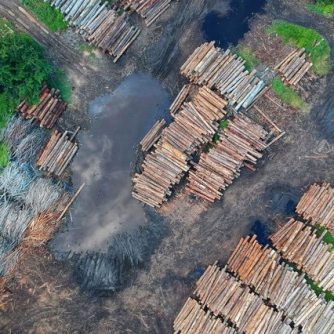
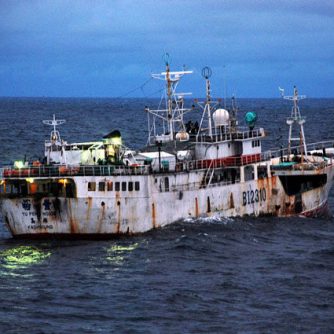
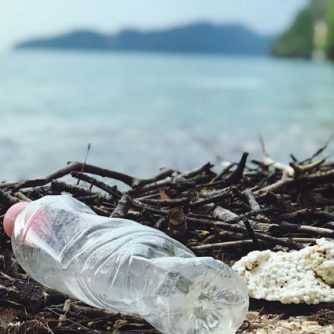
Transform our development model in depth.
The call affirms the need for a “transition to sustainable production and consumption patterns and sustainable food systems that meet people’s needs while staying within the planet’s limits”, as well as a “transition to sustainable growth, decoupled from resource use, including a shift to a circular and resource-efficient economy, encouraging behavioural change and significantly scaling up nature-based solutions and ecosystem approaches on land and at sea”.
Public policy must reflect and drive this systemic change. The signatories committed to “integrate biodiversity into relevant sectoral and cross-sectoral policies at all levels, including in key sectors such as food production, agriculture, fisheries and forestry, energy, tourism, infrastructure and extractive industries, trade and supply chains”.
Because of the close links between ecosystem conditions, animal health and human health, the signatories stress the need to “integrate the ‘One Health’ approach into all relevant policies and decision-making processes, at all levels, in order to address health and environmental sustainability in an integrated manner.”
Finally, the signatories, implicitly recognizing the limits of the system of voluntary commitments without real follow-up or sanctions, made a point of specifying: “We are not content with words, but we commit ourselves to meaningful action and to making ourselves mutually accountable to address the global emergency. It marks a turning point and comes with the explicit recognition that we will be judged, now and by future generations, on our willingness and ability to meet its goals.”
The biodiversity conservation system must be based on “a clear and robust set of goals and objectives, supported by the best available science, technology and research as well as indigenous and traditional knowledge” and “a robust monitoring and review mechanism”.
So here we have a clear statement and a comprehensive roadmap. It remains to be seen what the final impact of this “commitment” will be, beyond the recognition of the scope of the work to be done.
In the short term, we must hope that the months that still separate us from the 15th meeting of the parties to the
Convention on Biological Diversity
We hope that the remaining months between now and the 15th Meeting of the Parties to the Convention on Biological Diversity, which has been postponed to 2021 and will be held in Kunming, China, will be decisive. On the one hand, to translate the goodwill expressed into clear and measurable objectives, and on the other hand, to rally the large countries that are still waiting.

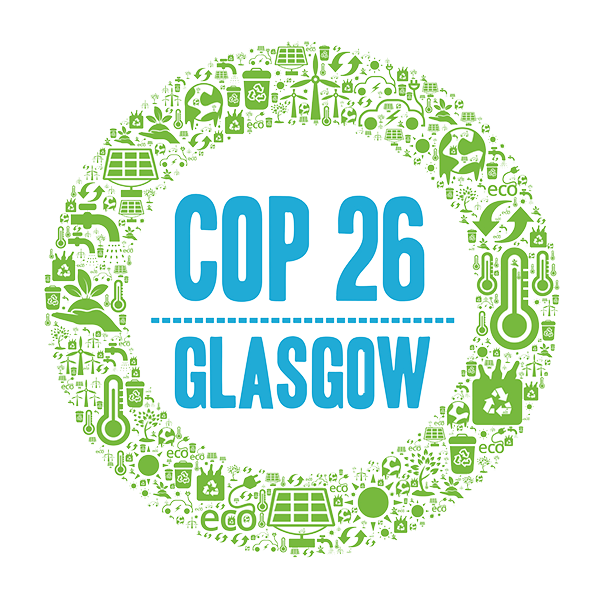
In the medium term, this step forward will have to be translated into action and the objectives will have to be achieved. The decade starting in 2021 will be the decade of a new framework for global biodiversity, which I hope will be ambitious, the decade of strengthened national commitments for climate (to be decided at the
COP26 in Glasgow
), the decade of ocean sciences for sustainable development, the decade of ecosystem restoration. All these dynamics can converge to make a real difference in the preservation of our planet… Let’s not spoil such an alignment of the planets!
In his message to the summit of Heads of State and Government on biodiversity organised by the United Nations on 30 September 2020, H.S.H. Prince Albert II recalled the importance of biodiversity as a fundamentally social issue.
"Of all the many painful crises facing our world, the one concerning biodiversity is probably one of the least noticeable. It is however one of the most acute.
This phenomenon is not only measured in species loss. It is also measured in crop losses, in drought, in floods, in human tragedy. »
"It's not just about preserving a few species, a few ecosystems, or even a few seas. It's about preserving our planet, our future, our lives. »
The Sovereign also specified the main initiatives that the Principality is already supporting in favour of marine biodiversity:
"The Principality of Monaco has joined the Global Ocean Alliance, which aims to protect at least 30% of the ocean by 2030, in the form of marine protected areas, and this should not exclude Antarctica, the continent that our predecessors in their wisdom dedicated to science. [Monaco a] created, with France and Tunisia, the Medfund, an innovative financial mechanism designed to promote the development and networking of Mediterranean marine protected areas. »S.A.S. le Prince Albert II de Monaco
Finally, the worrying situation of coral reefs has led the International Coral Reef Initiative (ICRI), which Monaco co-chairs, to propose to include the recognition of their specificity in the context of the Global Biodiversity Framework, in view of their importance and their situation.
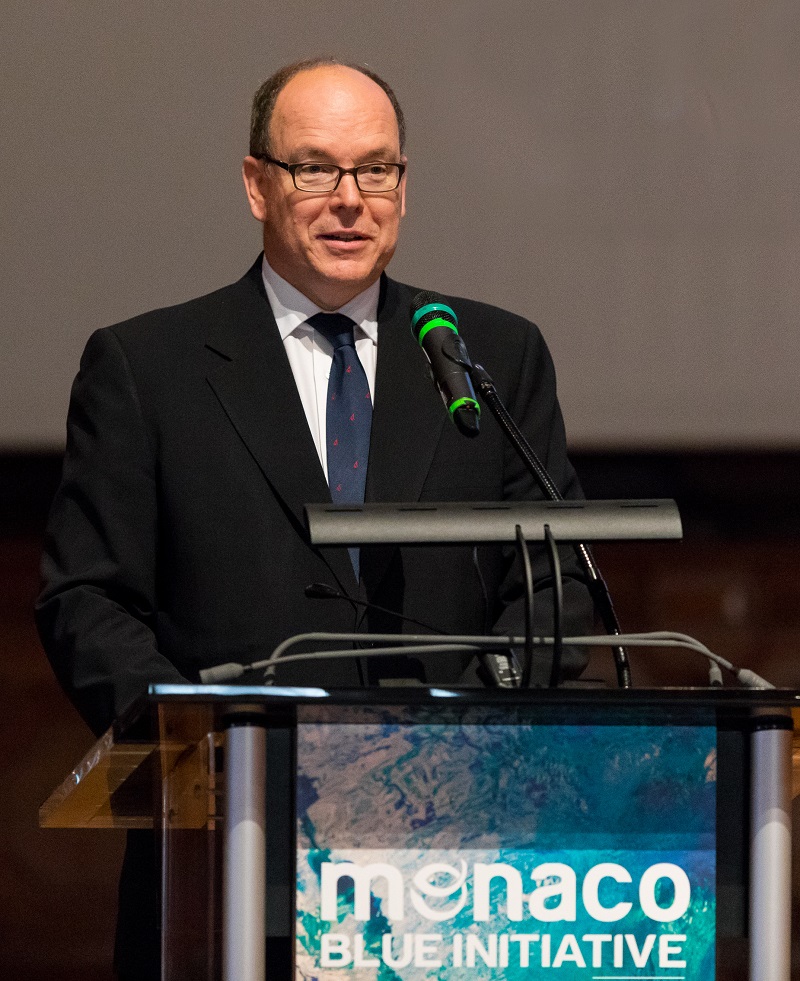
See also
2049: the Ocean is a treasure worth preserving.
Speech on the Ocean
- Home
- Categories
- Monaco, the voice of the Ocean

Tuesday 14 January 2020
Any reflection on our future leads us to the Ocean. This is where life appeared, where the survival of humanity is at stake. The ocean has always protected us, regulated the Earth’s temperature, absorbed CO2, provided oxygen, supplied us with vital resources and inspired our idea of time and space. But this world of silence, which was thought to be eternal and whose exploration we have not yet completed, is now threatened by our excesses. Before our eyes, the ocean is warming up, depopulating, plasticising…
What is the key role it plays, which is too often overlooked? What can be done to preserve it? How will we live the ecological transition thanks to products, materials and energy from the sea?
To answer these questions, L’Obs and the Oceanographic Institute have joined forces to provide answers with the best specialists at a unique conference to be held at the Maison des Océans in Paris.
Come and listen to the best specialists and debate with them
Tuesday, January 14, 2020 at 6:30 pm at the Maison des Océans in Paris, a facility of the Oceanographic Institute.

L'Obs and the Oceanographic Institute have invited the best specialists to discuss this issue and invite you to take part in this exceptional meeting!
This meeting is part of the “2049” cycle created by L’Obs.
This project attempts to explore our daily lives in 30 years.
How will we move, how will nature evolve, where will we live?
Futurologists, scientists, entrepreneurs and philosophers are trying to answer these and many other questions.(www.nouvelobs.com/2049)
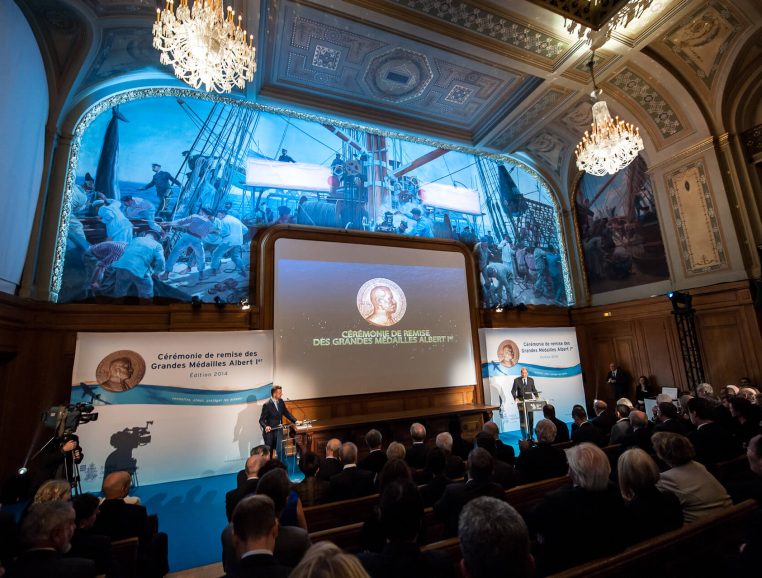

Facebook event to which anyone can invite their contacts
IPCC SPECIAL REPORT
Special report on the ocean and cryosphere in a changing climate
- Accueil
- Categories
- Monaco, the voice of the Ocean
GIEC : 51st session in the Principality of Monaco
The Intergovernmental Panel on Climate Change (IPCC) held its 51st session in the Principality of Monaco on 20-23 September 2019, when it examined the Special Report on the Cryosphere in a Changing Climate (SROCC).
In the view of the IPCC, “Humanity depends directly or indirectly on the ocean and the cryosphere. Oceans cover 71% of the surface of the earth and represent 97% of the water on earth.”
The ‘cryosphere’ represents all the different components of the earth’s system that are frozen, on land and below ground, on the surface of the ocean and under the surface of the ocean. This includes snow cover, glaciers, the polar ice caps, ice floes (pack ice), icebergs, sea ice, ice in freshwater lakes and rivers, permafrost and seasonally frozen ground.
You can view a replay of the conference below.
WATCH LIVE - 11:00 CET ON WEDNESDAY 25 SEPTEMBER
25 September 2019: the results
The report was published at a press conference at the Oceanographic Museum de Monaco.
The IPCC in brief
The Intergovernmental Panel on Climate Change (IPCC) is an intergovernmental body that specialises in climate change sciences. It was created by the United Nations in 1998 and its aim is to provide political decision-makers with regular assessments of the state of scientific knowledge on climate change.
• Ocean & cryosphere in a changing climate (September 2019) : See Report (or click the button below to go to the IPCC website and access all its online resources)
The IPCC’s main assessment report comes out once every six years and separate special reports are released more frequently. Three special reports were published during the sixth and current assessment cycle:
• Global warming at 1.5°C (2018): https://www.ipcc.ch/sr15/
• Climate change and ground usage (August 2019): https://www.ipcc.ch/report/srccl/
The IPCC’s assessments are written by hundreds of international scientists, recognised for their expertise, before being submitted to the governments of the 195 member countries. The IPCC does not carry out its own scientific research, relying instead on existing publications.
The main challenges faced by human societies today are also associated with climate change [...]: the systemic effects of these phenomena have not spared a single area of the planet and constitute factors of environmental upheaval that exacerbate the imbalance in our oceans.”
S.A.S. le Prince Albert II de Monaco
The Prince Albert II Foundation (FPA2) acts in three priority fields:
- Limiting the effects of climate change and promoting renewable energies
- Preserving biodiversity
- Managing water resources and fighting desertification
Ocean and Climate Platform
Founded in 2014, the Ocean and Climate Platform (COP) is a coalition of scientists from different fields (researchers, NGOs, aquariums, French and international institutions, etc.).
It is the only French NGO to have participated in the editing of this new major report, and the COP now presents “Ocean and Climate Change: The Latest Challenges”, a booklet addressing 6 major themes tackled in this report: global warming, melting ice caps, rise in water levels, extreme events and deoxygenation.
An ocean in good health is a protected climate, and having a good understanding of these links of cause and effect is currently dictating our shift towards a sustainable world that respects all life.
• Spreading Knowledge sheets: Link to be added
• Scientific sheets: Link to be added
IO and POC: the IO is a founder member of the POC, is on its board of directors and is involved in compiling content.
VALERIE MASSON-DELMOTTE: UNDERSTANDING THIS REPORT
Valérie Masson-Delmotte, a climate expert, Co-Chair of an IPCC working group and member of the board of directors of the Oceanographic Institute, explains the links between the ocean and the climate.
Office for Climate Education (OCE)
Founded in 2018, the Office for Climate Education (OCE) aims to organise close international collaboration between scientific bodies, NGOs and educational institutions to educate present and future generations about climate change.
Below are the resources produced by the OCE to help gain a deeper understanding of the report:
• An educational guide to the resources of the ocean and the climate for primary and secondary school teachers. Link to be added
• Summary for teachers: Why issue a report about 1.5°C in warming?
• Training resources on the ocean and the climate.
• Training resources on the greenhouse effect: aimed primarily at teacher trainers.
The Oceanographic Institute aims to use communication campaigns to promote the OCE’s tools produced in connection with the ocean and climate change.
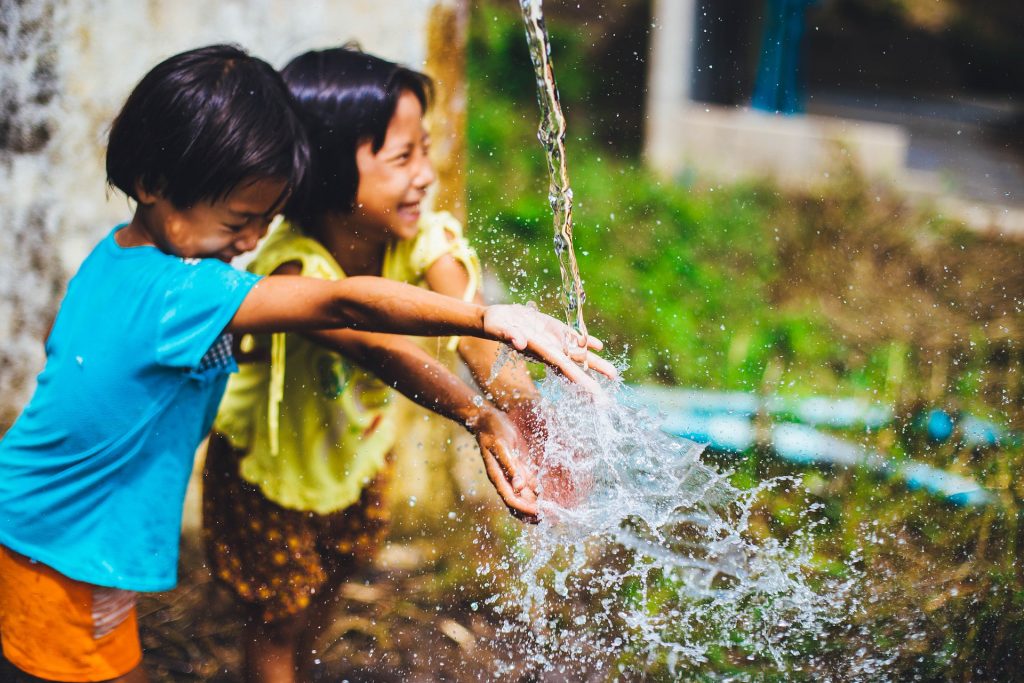
Feedback
We want people to remember that the issue is a serious one, but that we can do something to make progress and face the challenges. France has set itself the objective of becoming carbon-neutral by 2050, and for the time being emissions are not falling quickly enough.
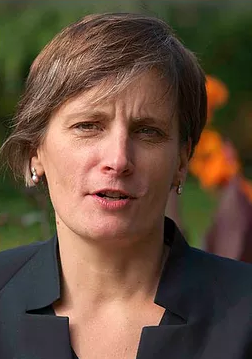
H.S.H. Prince Albert II of Monaco
Speech about the Ocean
- Home
- Categories
- Monaco, the voice of the Ocean
For the centenary celebrations of the International Union of Geodesy and Geophysics, at the headquarters of UNESCO in Paris, His Majesty the Prince Albert II, was the honoured guest and was awarded with the status of Member of Honour, and so he gave a speech.
United Nations General Assembly - 24 Sept. 2019
the principality committed to the climate
The Government of Monaco is committed to carbon neutrality and is giving itself the means to achieve it, declared Prince Albert II at the United Nations General Assembly. In his speech, the Sovereign also emphasized the role of forests and even more so that of the ocean. Monaco has “historically chosen to support science,” he added.
Climate change and the collapse of biodiversity, far from being isolated crises, are two alarming symptoms of the Antrhopocene that need to be addressed in synergy.
- Paris, UNESCO Headquarters - 29 July 2019
Centenary of the International Geodetic and Geophysical Union
The ardent need to protect the ocean has succeeded the time of discovery and knowledge of the seas, which was that of my great-great-grandfather.
Monaco strives to continue to follow his will and to make his legacy fruitful by updating his message.
Through its own initiatives as well as by proposing to its partners to relay and amplify their own actions, the Principality strives to be a “voice of the ocean”…
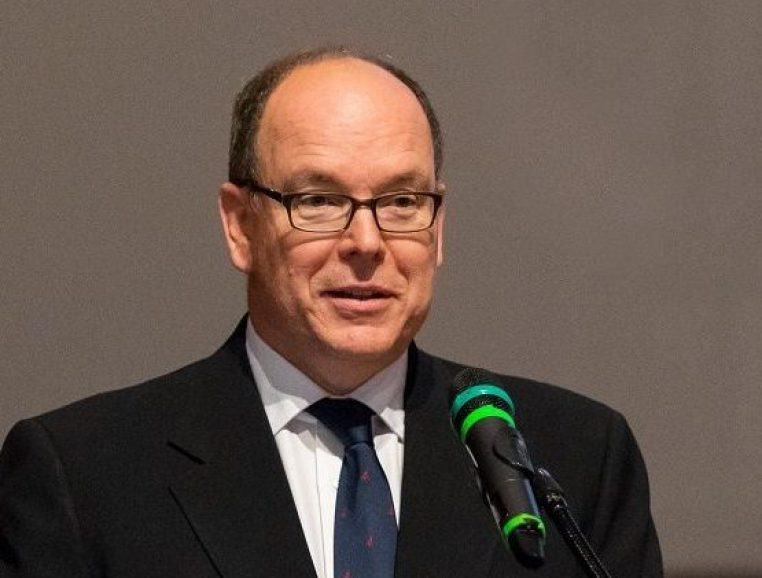
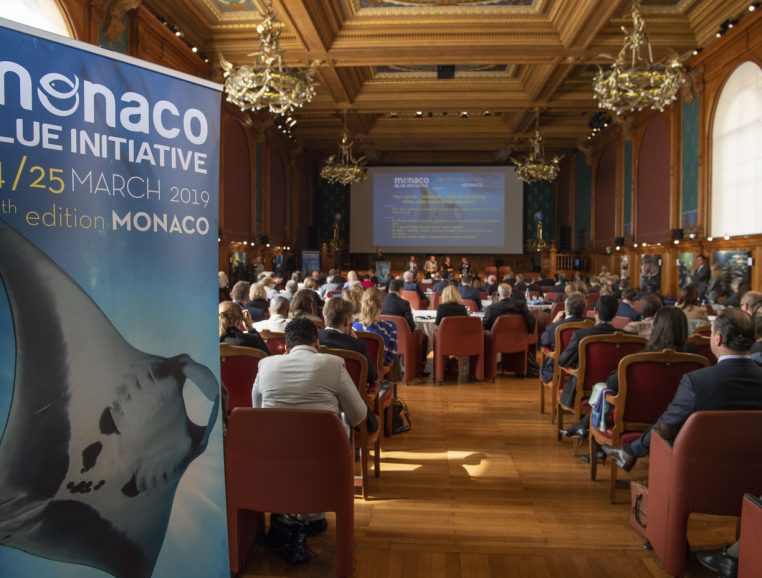
- Monaco Blue Initiative, 25 March 2019
opening of the MBI #10
There is a phrase by the great historian Jules Michelet that often comes to mind when I enter this Oceanographic Museum, which is right here on the Mediterranean.
“It is with the sea that all geography should begin”.
We also know that it is with the sea that all history must begin, for we know that we were born of the ocean and that our civilizations were born of the sea.
But it is also by the sea, more and more, that any economy should start.
I am sure that all politics, morals and philosophy will have to begin more and more with the sea.
- Monaco, Oceanographic Museum, 16 April 2019
Meeting of European Oceanography Centres
I think it is necessary, as you said, to develop a better understanding of the general public [sur les questions des sciences de l’océan]. People like information that tells a story, and if we can draw their attention to different ways of telling that story, and in a more engaging way, I think that would certainly help.
Listen to the recorded speech in English.
- Ecouter le discours (anglais) 00:00
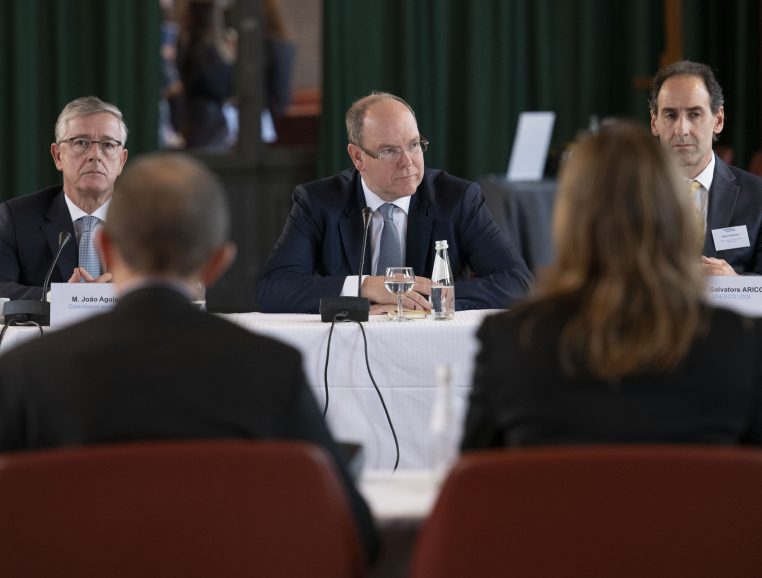
- New York, UN Headquarters, June 2017
Speech on the Sustainable Development Goals for the Ocean
At a time when the international community is looking at the oceans and stating the principle of an essential collective responsibility towards them, I cannot help but think of the phrase attributed to Aristotle, with which we are all familiar: “There are three kinds of men: the dead, the living and those who go to the seas”, a phrase that sums up the situation of our seas, which for too long have seemed to escape the common laws of humanity.
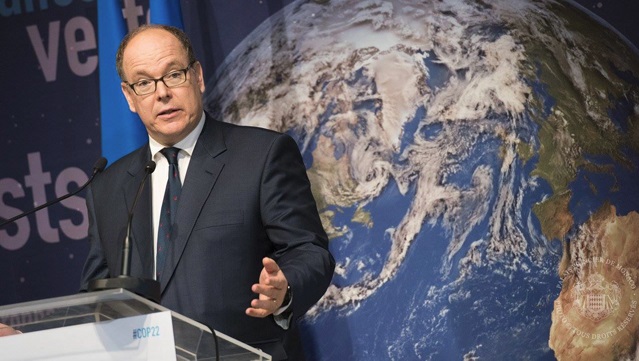
- Marrakesh, 12 November 2016
COP 22 Meeting - Marrakesh
Since the world is now ready to be concerned about the seas, to invent a new way of living with them, it is our duty to propose concrete, useful and effective solutions, which alone will make it possible to preserve them, and thus preserve their indispensable capacity to mitigate climate change.
ALSO TO BE SEEN
Speech by H.S.H. Prince Albert II of Monaco, on the occasion of the 74th session of the Marine Environment Protection Committee, London – 13 to 17 May 2019, International Maritime Organization.
Address by H.S.H. Prince Albert II of Monaco to the Director-General of UNESCO at the First Planning Meeting of the UN Decade of Ocean Sciences for Sustainable Development







